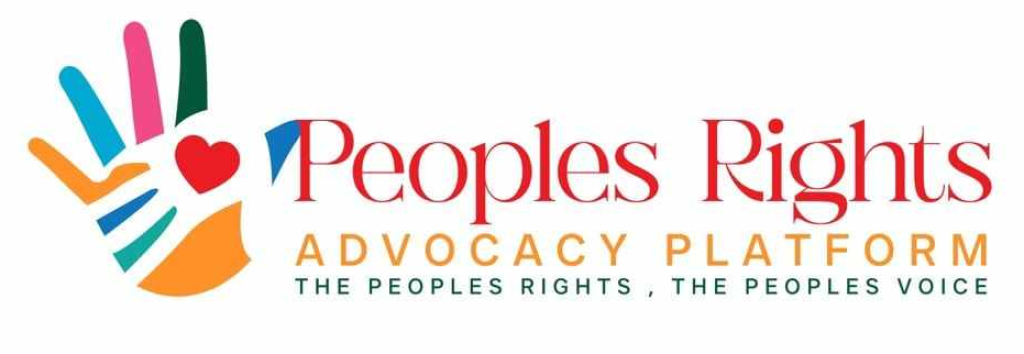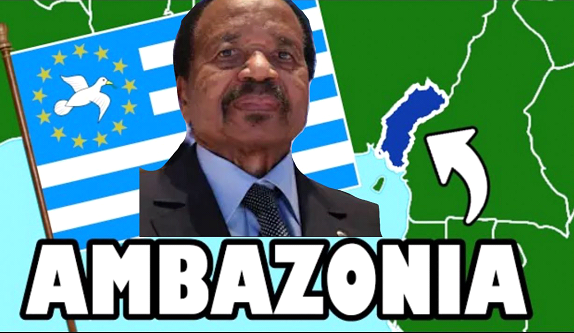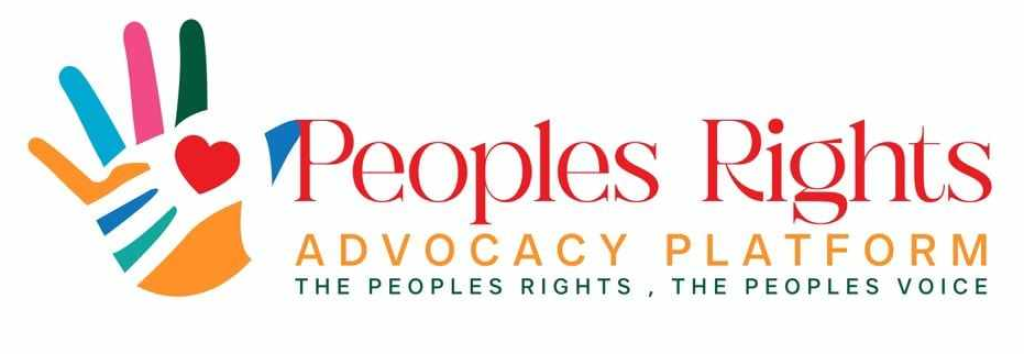The Divide in Cameroon*
For decades, Cameroon has been split along the Mungo line, separating the English-speaking population from the dominant French-speaking regions. At the heart of this divide is the unique identity of the Anglophone people, now widely known as Ambazonians. The struggle for recognition of this identity, along with grievances over marginalization and cultural suppression, has fueled a conflict that continues to devastate lives and communities.
Celebrating Ambazonian Identity
This year’s 1st October celebrations by Ambazonian forces showed that the Ambazonian identity is more than just agitation and revolt. It represents the unquenchable spirit and outlook of the Anglophone people. Suppressing or denying this expression would be a grave mistake for Cameroon, deepening divisions rather than fostering unity.
Roots of Ambazonian Identity
The Ambazonian identity is not just a radical label; it is rooted in a shared history, culture, and language that distinguish the people of the Northwest and Southwest regions. This identity has evolved largely due to Cameroon’s rejection of its own historical foundations of unification. The dismantling of the federal system that initially bound the English-speaking regions with the rest of the country has led to increasing marginalization in a highly centralized governance system.
The Impact of Marginalization
This marginalization, affecting political, economic, and social spheres, has led to frustration and resentment among the Anglophone population. They have seen their legal and educational systems undermined by the imposition of French-centric policies. Opportunities for development in the Anglophone regions have lagged behind, leaving many feeling excluded from key decision-making processes at the national level.
The Cost of Conflict
The current conflict, which escalated in 2017, is a tragic manifestation of these long-standing grievances that have gone unresolved for too long. Thousands of lives have been lost, countless families displaced, and the economy of the Anglophone regions has suffered tremendously. The cost of this conflict is immense, and it is clear that a military solution will not bring lasting peace.
Acknowledging Ambazonian Identity
To achieve peace, the Cameroon government must recognize and respect the Ambazonian identity. This recognition is not about secession or division but about acknowledging the uniqueness of a people within the broader Cameroonian nation. Such recognition must be accompanied by genuine efforts to address the root causes of the conflict through a negotiated approach. This includes constitutional devolution, equal representation, and the protection of cultural and linguistic rights.
Embracing Diversity
Cameroon should not fear the Ambazonian identity but embrace it as part of its adjustment to a globally diverse community. Recognizing Ambazonia will not weaken the Cameroonian state; rather, it will strengthen the nation by fostering a sense of belonging and respect among all its citizens.
The Path to Peace
Dialogue remains the most viable path to a peaceful resolution of the Anglophone crisis. The international community has repeatedly called for negotiations, and it is in the best interest of both the government and the people of Cameroon to heed this call. By engaging in good-faith discussions with Ambazonian leaders, the government can demonstrate its commitment to building a unified and inclusive Cameroon where all citizens, regardless of linguistic or cultural background, can thrive.
Conclusion
Cameroon’s future depends on President Biya’s ability to embrace its diversity. Acknowledging the Ambazonian identity is not an act of division but an opportunity to build a stronger, more inclusive nation. The path to peace is not through repression but through understanding, dialogue, and compromise.
Now is the time for the Cameroon government to take bold steps toward reconciliation. The PRAP proposition of the PPP is the way forward. By recognizing the legitimate concerns of the Ambazonian people and working toward a negotiated settlement, Cameroon can begin to heal the wounds of this conflict and build a future where peace, unity, and mutual respect reign supreme.
Capo Daniel
Chairman, PRAP


